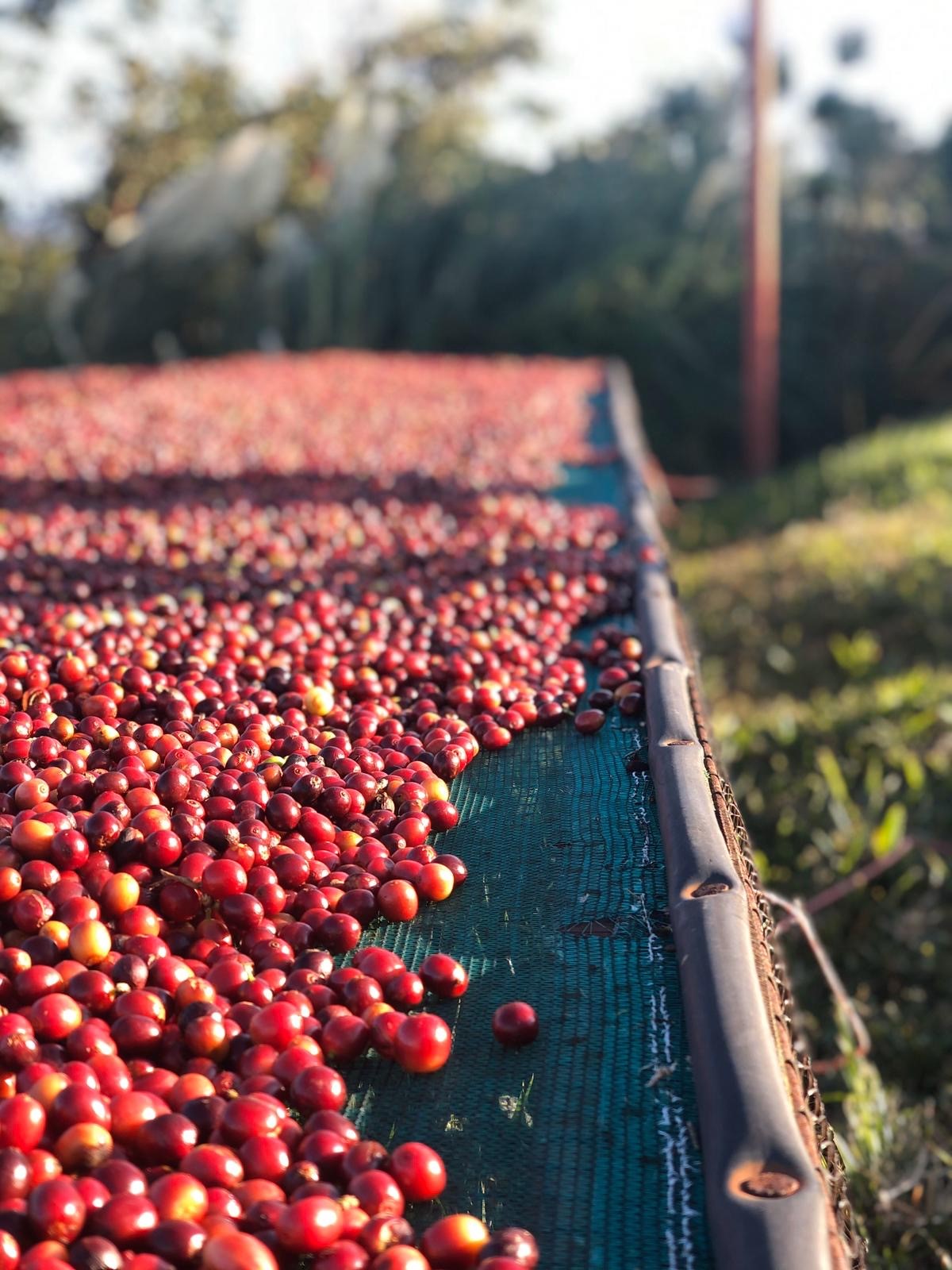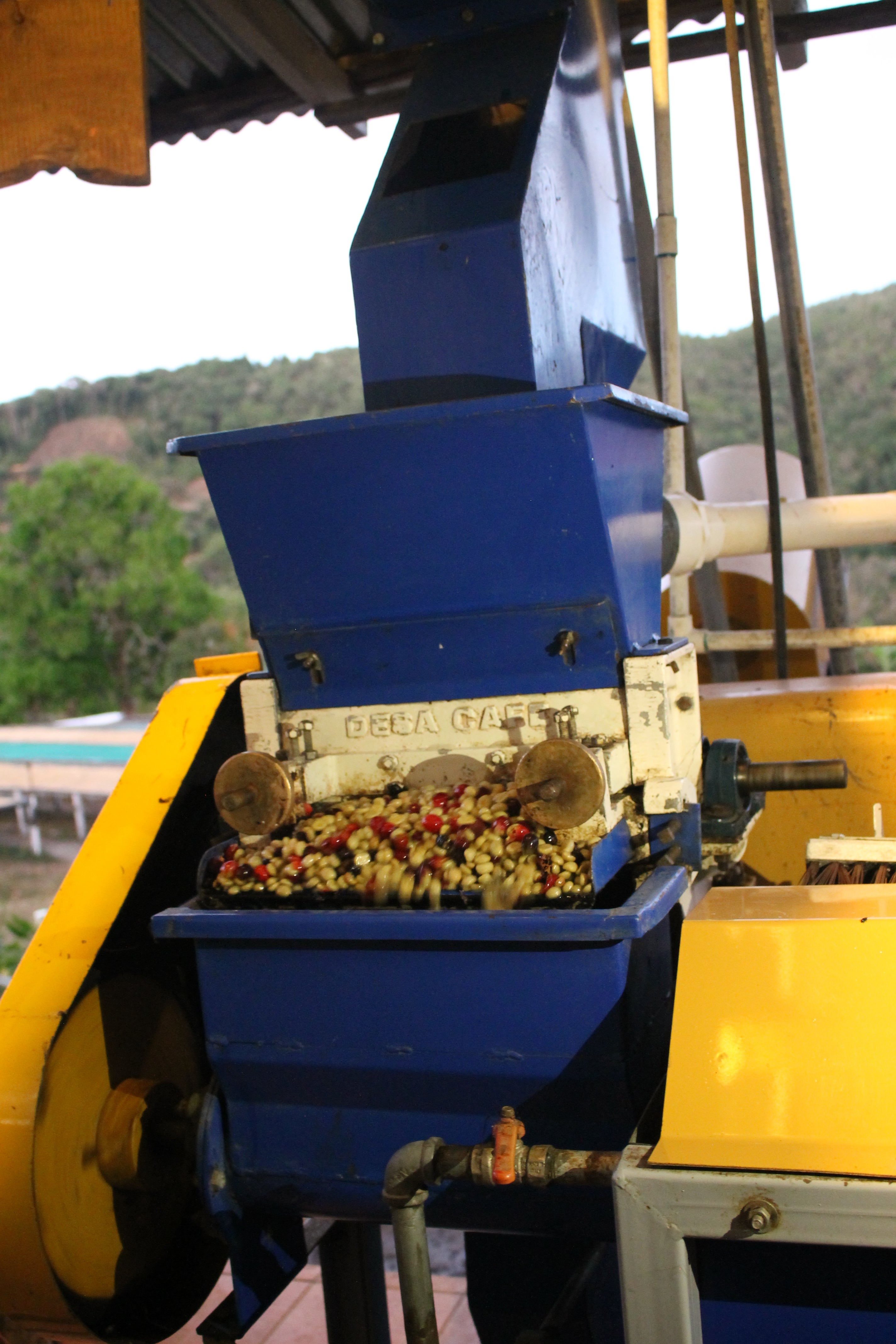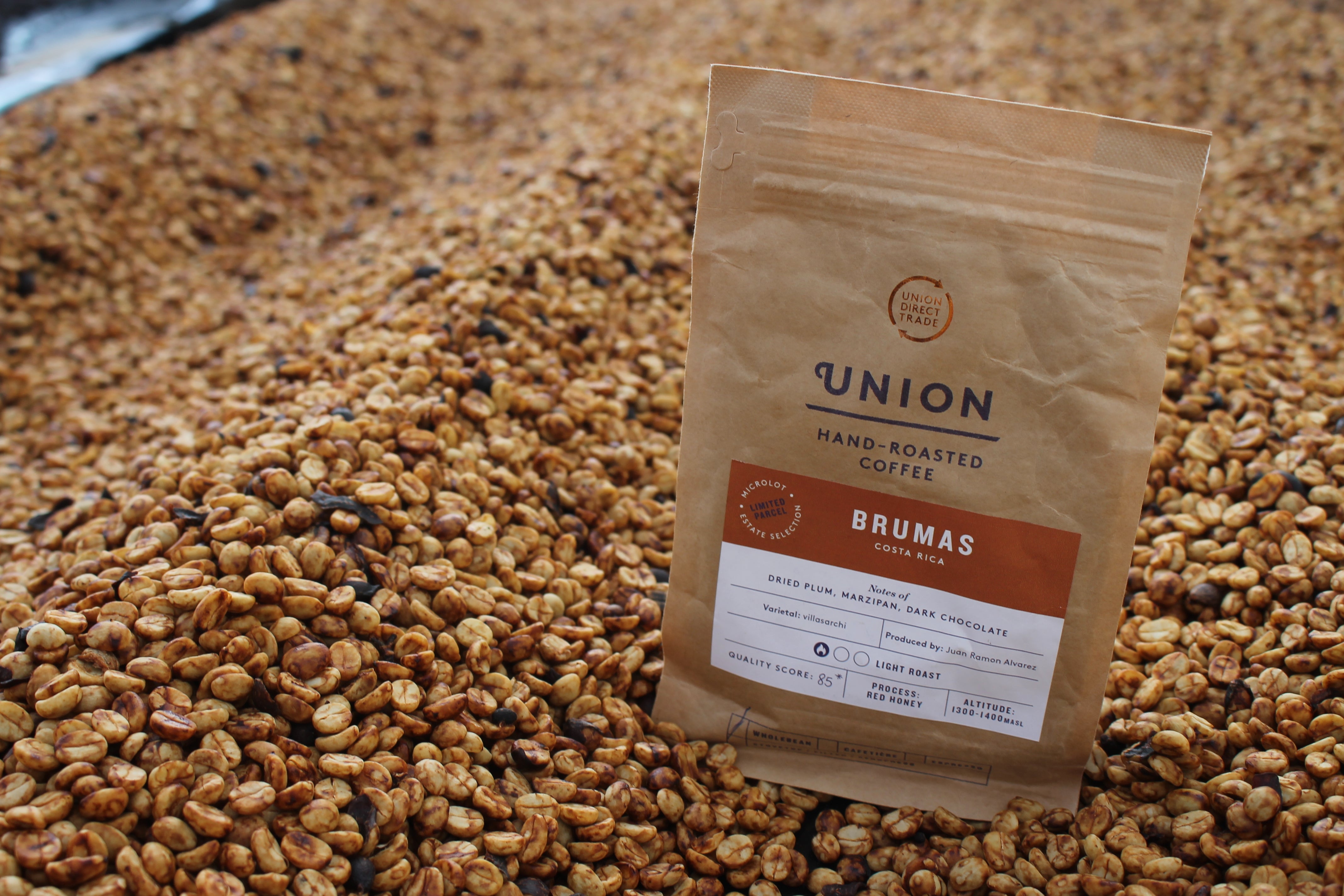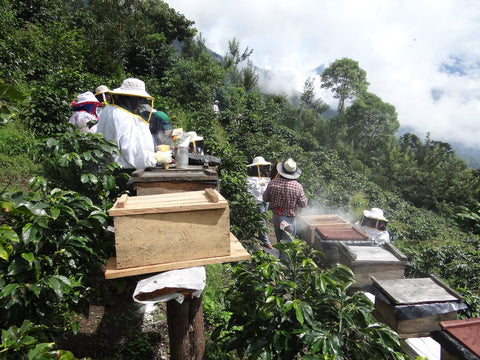As we tackle these cold winter days, we’re dreaming of beautiful vistas, sunny beaches and crystal-clear skies. You will find exactly that in Costa Rica. This stunning Central American country boasts no army, no zoos, an admirable approach to climate change, and of course, some of the best coffee in the world.
Here at Union, we love Costa Rica coffee. It's an important component of our best selling Revelation blend as well as being home to some amazing microlots. Last month, three of our Union team were lucky enough to go on a producer visit to see Costa Rica during harvest season. Here we learnt about the micro mill revolution, and how that's played a role in the coffee production in Costa Rica.
The Micro Mill Revolution

Coffee beans grow inside juicy coffee cherries. The removal of the bean from the cherry, the processing and milling were traditionally performed by large commercial buyers in Costa Rica. Producers would sell their coffee cherries to these large companies where they would be processed and eventually sold as green coffee to buyers.
However, there has been a micro mill revolution in Costa Rica. A micro mill is a family-oriented, or community-oriented coffee cherry processing station. It can be one farm delivering cherries to the mill (like Verde Alto) or several farms (like MICEPA, CEDRAL, or APROCETU).
In the case of community-oriented coffee cherry processing stations, farmers often organise themselves in an association or co-operative. Organising and working together helps them to reduce cost, by buying for example fertiliser in bulk or by accessing development funds.
During the producer visit, we spoke to members of different producers about the micro mill revolution. We were told of its benefits to different aspects of coffee production.
1. Adding value. Processed green coffee sells for more money than unprocessed coffee cherries. Therefore, through processing and milling their own coffee, producers are able to sell their harvests for a higher price.
2. Sense of ownership and identity. Instead of coffee cherries being processed and milled with hundreds of other farm's cherries, producers can take control of this process. They can produce coffee with its own identity, which includes special microlots which can besold for a higher price.
3. Sense of pride. Selling coffee directly to the buyer and knowing how much they and their consumers enjoy the coffee creates a great sense of pride.
Environmental Processing
Costa Rica is applauded for its efforts in reducing carbon emissions, regarded as one of the “greenest” countries in the world. The micro mill revolution can similarly be applauded for progressive environmental efforts. Here, the coffee is “mechanically washed”. This method is more ecological compared to traditional pulp-ferment and wash methods. Firstly it requires less water for the process, plus, the water can be recirculated for reuse after filtering of skins, resulting in less wastewater.
Mechanically washed means that the mucilage is mechanically scrubbed of instead of being taken off by fermenting the coffee and washing it afterwards. This method of washing is also the reason why Costa Rica is one of the pioneers in “honey processed coffees”.
The Honey Process Coffee
The honey process is less common than the washed and natural processes. But the micro mill revolution has led to increased experimentation of the honey process in Costa Rica. By adjusting the “scrubber”, producers can play with the amount of mucilage left on the bean. White honey will have nearly all mucilage removed (<10%) and will give a flavour profile very similar to a washed coffee, yellow and red honeys have more mucilage and tend to be sweeter with more complex acidities. Next time you see a coffee from Costa Rica, check what the process is – it’s less likely to be the ”washed” or “natural” process that you’re used to seeing.
Costa Rica has really made a mark on the speciality coffee industry. From its focus on producing high-quality coffee, its efforts to regain control over the coffee it grows and of course, its dedication to tackling climate change. Check out our microlots from Costa Rica, and see what they have to offer.
Written by Pascale Schuit, Sustainable Sourcing Manager
January 2020




